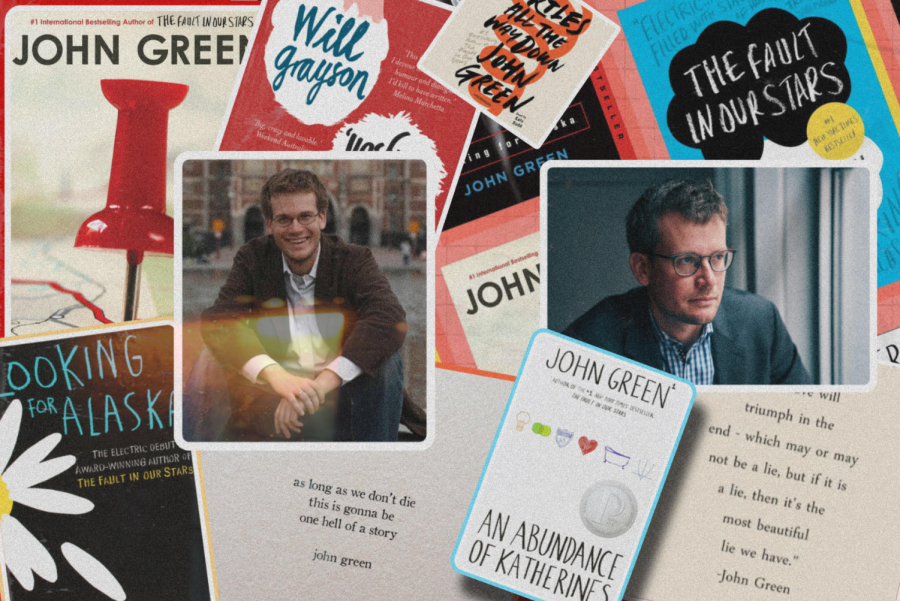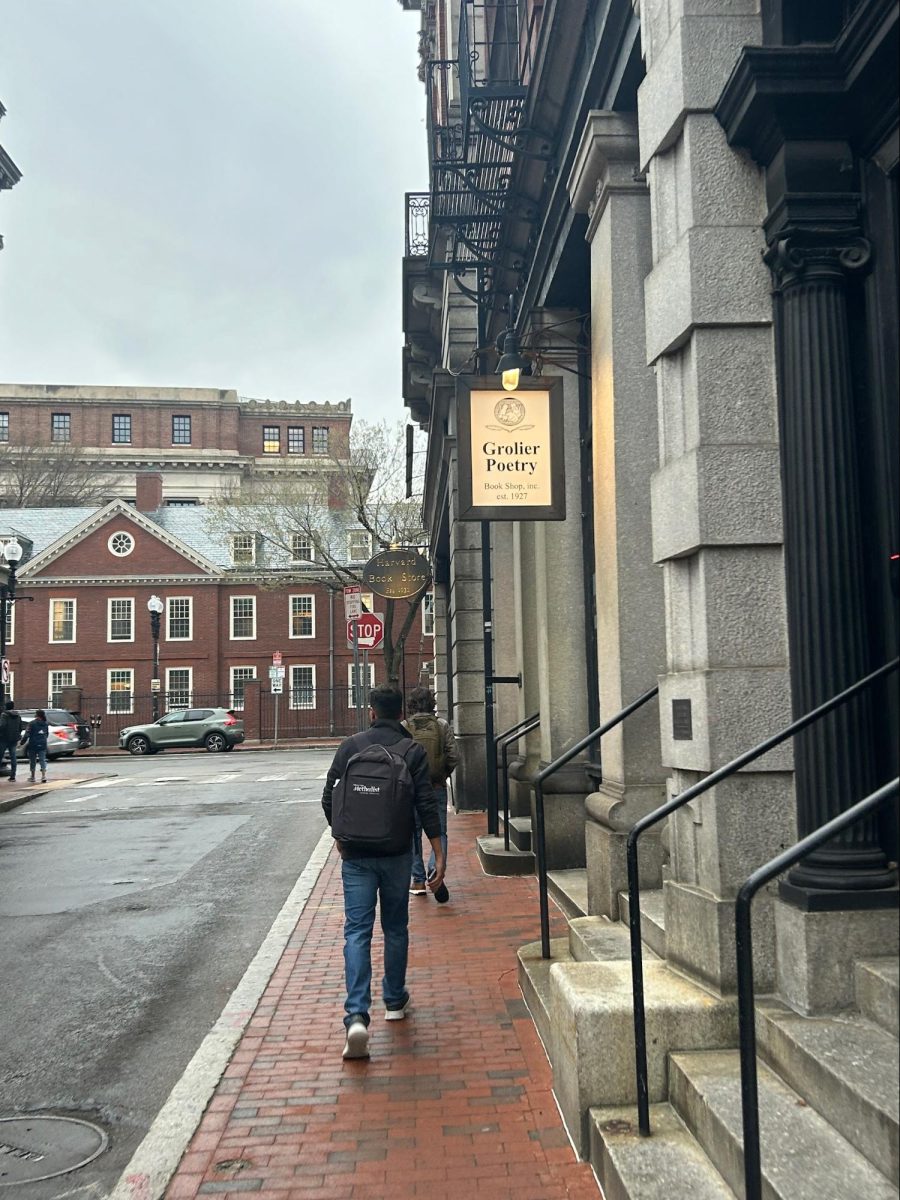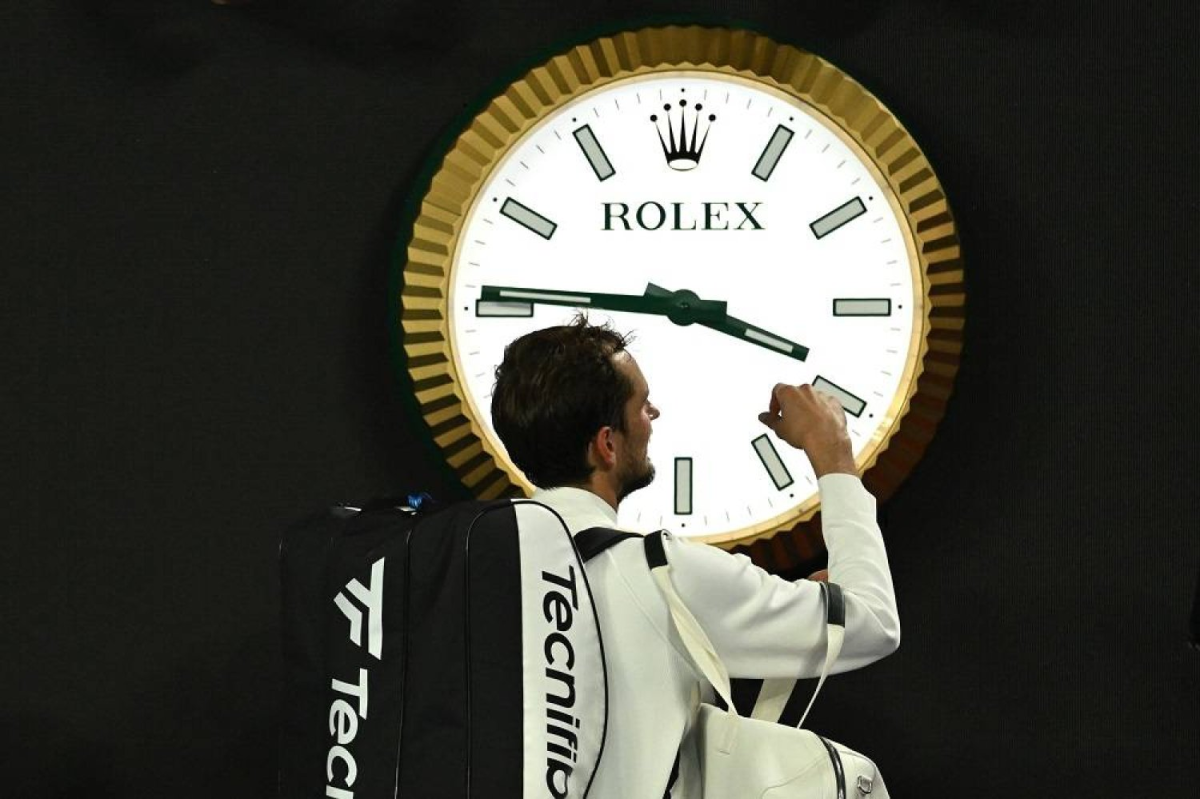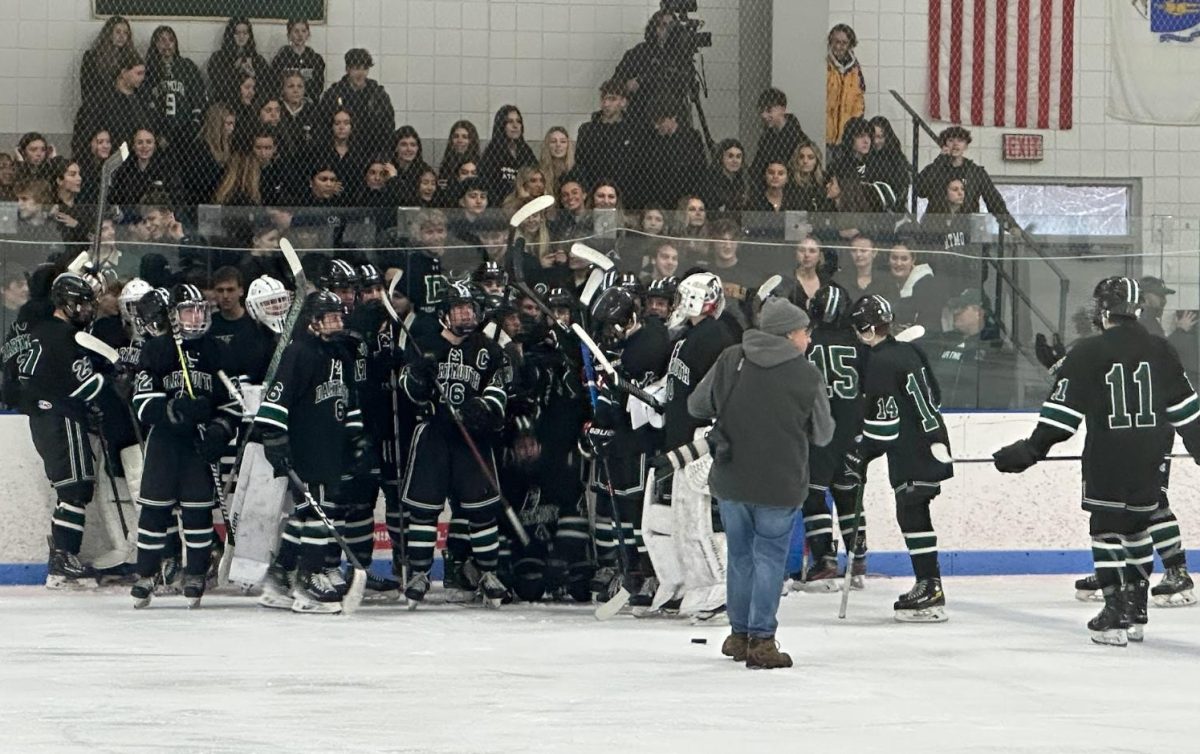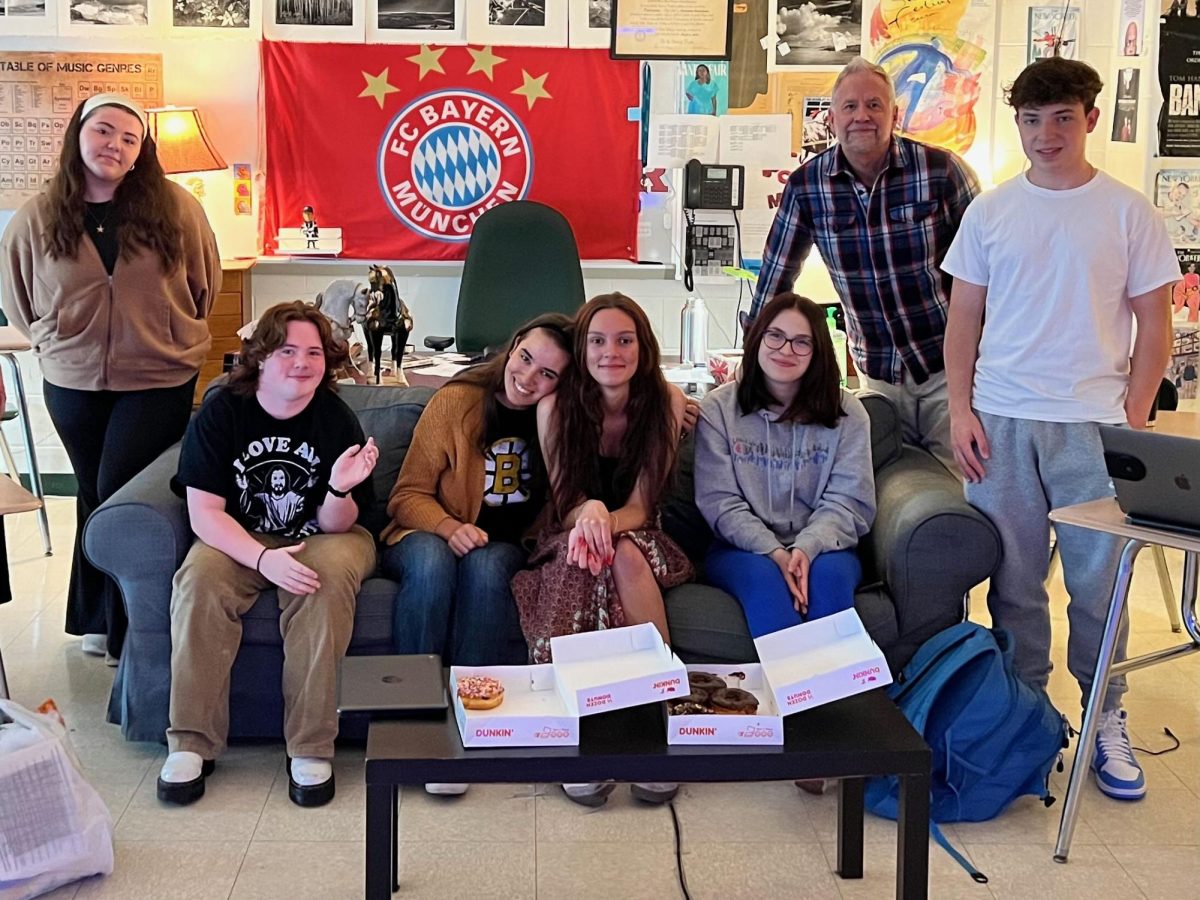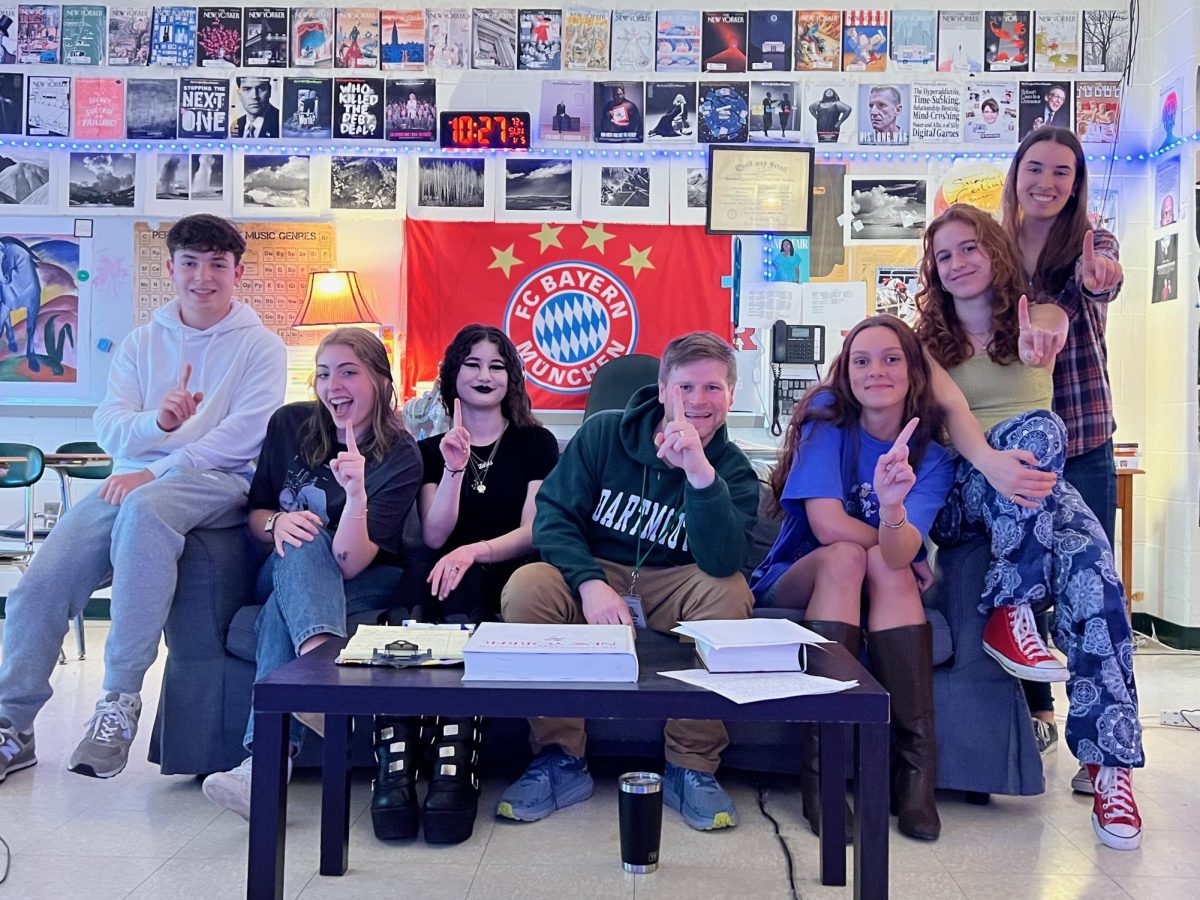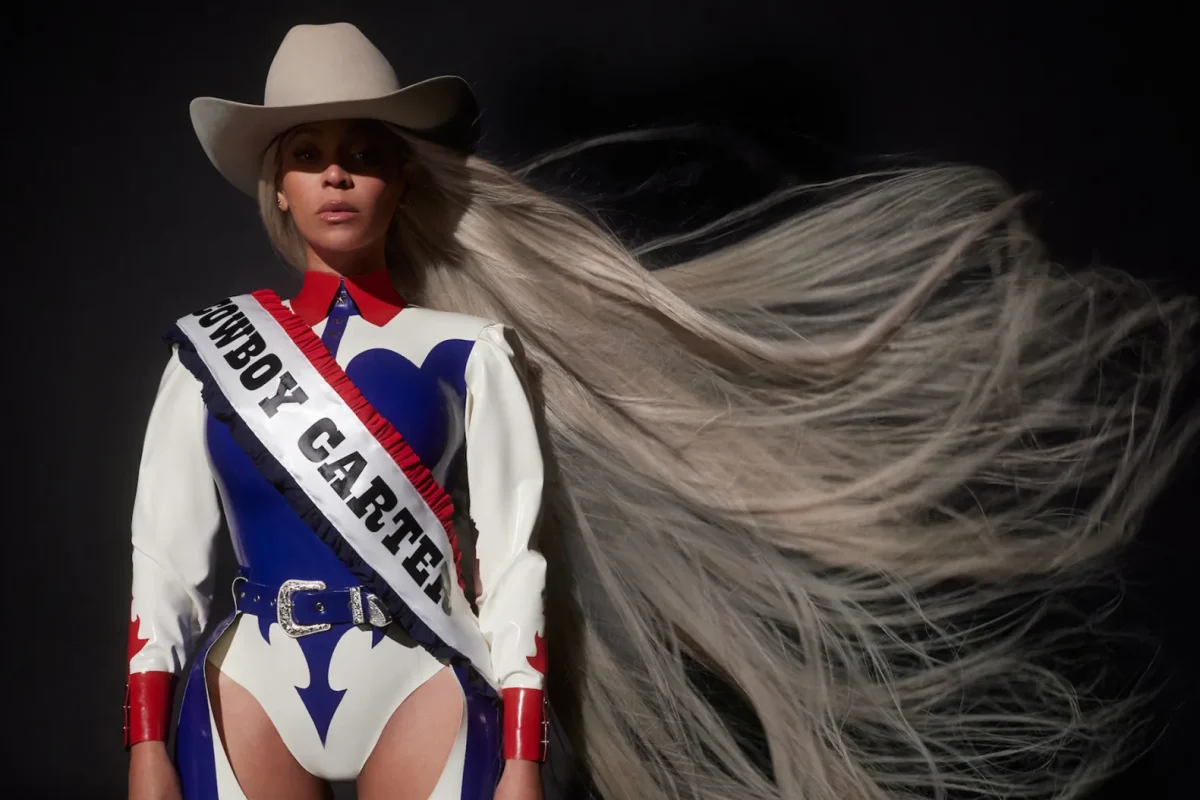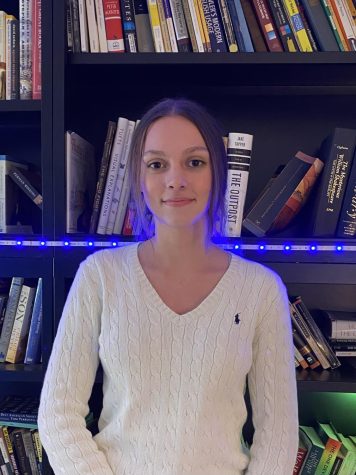
The music, art, and literature a person consumes consciously and unconsciously shapes the way they perceive, think, and act. As I have progressed through young adulthood, I can point out certain pieces that changed my thought process and the person I have become in terms of beliefs and values. Through many times in the last couple of years, art has carried me, reminding me of the aestheticism and realism of life and how to appreciate them in their own way.
Books
The Secret History by Donna Tartt
I knew from the opening line, begging the question if a fatal flaw existed in real people, that The Secret History would change me in a vague way. It was the summer before sophomore year (my first in DHS) and the main character, Richard early on, seemed like a reflection of who I was, which was a person who lived completely in a life they built on half truths, keeping him away from the one thing he needed: human connection. Entering his first year of college at a prestigious university (its best real life comparison being Dartmouth), the way the book described aestheticism, moral dilemmas, and the relationships between the characters subtly set my standard for future books I would read.
“Forgive me, for all the things I did but mostly for the ones that I did not.”
The Bell Jar by Sylvia Plath
Looking back at the first book I read from the school library, maybe I never tried to be optimistic. Unfortunately, before reading The Bell Jar I only knew of Sylvia Plath because of the circumstances around her death. After finishing the book, I realized a new fundamental fear: to be known only for your death, the dissolution of your life, rather than artistic genius. The way she saw herself was at times the same way I saw myself: eyes too dark, limbs too long, something always wrong, revolting; Sylvia Plath understood. But the unsatisfying end to the book, an ending I remember calling terrible, was the result of such a mindset: it didn’t fix anything, there was no big break, no fatal switch: only rehabilitation that would be slow and dreary.
“It’s the fear of never quite finding myself that keeps me up at night.”
Crime and Punishment by Fyodor Dostoevsky
It is about suffering in a narcissistic, religious way. The desolate land that was 19th century Russia in the winter reflected a coldness and vacancy that is still experienced in modern life. The fatal instinct to seclude oneself within one’s own thoughts is seen in the way Raskolnikov loses his mind slowly at the dull monotony of his days between the murder and arrest. The question of justifiable murder, of Napoleon, of madness, of friendship, is raised time and time again. Is doing something for the sake of principal worth the aftermath? By the end of the 800 pages, I felt I knew the inner workings of Dostoevsky’s mind, like we were personal friends. Even if his characters were objectively bad people, I felt Raskolnikov’s struggle in morality. I saw Sonya as a modern Mary. Raskolnikov was the most derogatory version of a young academic: consumed with ideas of greatness and poetic grandeur: a warning for young humanities students.
“Your worst sin is that you have destroyed and betrayed yourself for nothing.”
Pride and Prejudice Jane Austen
Summer of junior year was the summer of Jane Austen, reading Pride and Prejudice, Persuasion, Emma, Sense and Sensibility and Northanger Abbey in a matter of months. Resentful of modern romance, Jane Austen wasn’t simply romance, but it was art from a Romantic period. It did not revolve around two characters but the world that surrounded them, the forces that brought together and ripped apart character dynamics. There was something picturesque about longing, of quiet betrayal, of familial roles that led elder daughters like Jane and Elizabeth to always keep the state of their family in the back of their mind. But even with that in mind, Elizabeth refused the prospect of easy money over the prospect of respect and companionate love.
“You must allow me to tell you how ardently I admire and love you.”
A Little Life by Hanya Yanagihara
To this day this book still makes me question what amount of graphic gore should be in books; I come to the same conclusion every time, that the book could’ve never impacted me in the way it did without it. At times I would have to stop to give myself a break from the ongoing nausea that some scenes tended to induce. Another 800 pager, A Little Life was a torturous read, yet timeless, with vague timestamps of technology and politics, and themes of love, trauma, and fatalism. You can’t fix people, you can’t save people, suffering is often quiet, and being loud about it doesn’t relieve it either. The depiction of chronic pain was extremely personal: ripping, joint breaking, fiery. It reminds me of the everyday partnership: sometimes your partner has pain, that despite best intentions can’t be remedied.
“The axiom of equality states that x always equals x… it must always be equivalent to itself.”
Art
“The Lovers” Rene Magritte
There will always be a barrier between lovers, a previous identity before they met, secrets, things never said to preserve the sanctity of the relationship. Love can be suffocating is a prominent message that can be decoded from the painting, and it’s equally suffocating trying to share love with someone you know is hidden behind the veil you are. The subjects can also be seen from another point of view; maybe the only way the subjects are able to share this haunting moment is by hiding their identity. Rene Magritte’s mindset is still a subject of historical mystery today. The way he constructed his paintings is similar to the way I wish to conduct my life: wrought with interpretations, but the true meaning only known to the painter.
“[My painting] does not mean anything, because mystery means nothing.” – Rene Magritte
Poetry
Guilty of Dust by Frank Bidart
Frank Bidart in Half Light Poems, deals with religion, existentialism, and love. The nuance with which he approached issues like losing religion, using religion to justify certain actions is a fascinating digression into the writer’s psyche. Bidart was my first introduction to patternless poetry, poetry with no uniform rhyme scheme, and the release from such pattern was freeing. No doubt sometimes a rhyme scheme can make a poet’s delivery of a metaphor more powerful; by the same token saying a point bluntly can be a dagger straight to the point. Bidart writes poetry for anyone who has been forced to take the moral high ground, to underreact; he gives literary merit to cognitive dissonance of thinking, feeling, and being.
“Whether you love what you love/or live in divided ceaseless/revolt against it/what you love is your fate.” – Frank Bidart
Howl Allen Ginsberg
Jazz, poetry, and hallucinogenics defined the age of Beat Poetry. It was a time of creative and social liberty: lives ran through with inspiration and drug use: careers ruined and made. Howl is a 14,250-word-long documentation of the chaos and beauty that is Beat Poetry. Starting the lines with “who” distinctly calls on readers to see themselves in the poem, to look upon the disfiguration of America and humanity: political turmoil, purposeless souls, cities in controlled fire. The poem is graphic and vulgar, controversial at best, and antagonizing at worst. And unlike some artists who can’t handle an extended album, book, or stanza without losing purpose, Ginsberg’s poem contains a plethora of mini poems that can stand alone but act as a symphony together. The words, “I’m with you in Rockland,” carry enough emotional depth, enough companionship to bring me to tears every time it’s uttered, to say I’m with you in living hell, in dystopian heaven.
“Who jumped off the Brooklyn Bridge this actually happened and walked away unknown.”
Music
“Careless Whisper” by George Michael & Wham!
When “WHAM!” directed by Chris Smith unironically changed my life. The idea of fame, of passion, the way George Michael was born with a dream, would die for his dream. Unfortunately in giving himself to his art, there was nothing left for anyone else in his personal life. You can see the meticulous attention to detail in the sound, the aesthetic, the lyrics of WHAM songs. Too often the title of being a great artist is reserved for composers and jazz musicians, while pop is taken less seriously and for the common man. But can you not be both? George Michael wasn’t understood in life, and now after death, the genre he fought for is a puppet of itself, a machine that is unrecognizable from the artists who made it. “Careless Whisper” has inspired much of my poetry; who cheated, was it worth it to cheat, was it worth the catastrophic end?
“We could have been so good together/we could have lived this dance forever/but now who’s gonna dance with me/ Please stay.” – Wham!, “Careless Whisper”
“The song/it was about cheating/ you said it was about being cheated/ it felt like a high rise/ concrete and cold/ backdrop beautiful blue/ was it worth it?” -Mackenzie Boucher, from “When”
“Happiness is a Butterfly” Lana Del Rey
Norman Rockwell was my introduction to the art scene; his art doll-like and Americana juxtaposes Lana Del Rey’s Americana: tragic and sad. Similar to Valley of the Dolls by Jacqueline Susann, The Bell Jar by Sylvia Plath, and Play It as It Lays by Joan Didion, there is distinct imagery of women run through by chronic misunderstanding against the backdrop of the great American industry of Hollywood, New York, and Las Vegas. A butterfly cannot see its own wings, and in a similar sense often when our life is happiest we are oblivious to it until it’s gone. Lana sings about intimate moments, “crying in the backseat,” and dropping a pin to her location, yet as she sings, she feels distant and removed; this juxtaposition between personal and impersonal is poetic: often poets hide their rawest truths in the poems most removed from any resemblances of themselves.
“Second Best” by Laufey
Anyone who knows me knows jazz is most of what I listen to. Laufey has a coffee house vibe but also has enough range to be a defining voice when paired with an orchestra. “Second Best,” was one of the eight songs I chose for my first 95.3 WHRB set partly because it’s a song that is about transitioning to a new chapter of life. To me the song isn’t about a person but about a phase in my life I feel I am just now freed of. It’s about never feeling good enough, about being compared to something you’ll never achieve, and it’s about recognizing that and moving forward, even if part of you will always want to prove your worth to those who will never appreciate it. Always following someone who may like you, but never enough to go out of their way to inconvenience themselves, meanwhile you would cancel any plan for them. It’s a hard truth, but one that is necessary to acknowledge to find something better.
“You were my everything, I was your second best.”
“Darn that Dream” by Bill Evans & Jim Hall
In this last installation, I would like to thank Mr. Higgins for inspiring my love of jazz and journalism. Without him I would not be part of the newspaper, and I wouldn’t get the joy out of music I do today. My best high school memories take place in C33, working with Bill Evans in the background, and I truly believe that joining Journalism CCR sophomore year by chance changed the trajectory of my life forever. When listening to “Darn that Dream” one can picture walking through a rainy city, reading an empty library, sitting in a dimly-lit jazz bar tired from the exhaustible vibrancy of pretending to be something you’re not. Jazz is the opposite of that, it disregards all expectations, and swaps out the definable and rigid for chaotic yet at times calculated cacophony that together can communicate feelings and moments better than words. When I think of Bill Evans I think of C33, and the lifelong lessons I learned there, the magazine covered walls, numerous lamps, and most of all the teacher and mentor who made me the person I am today.






